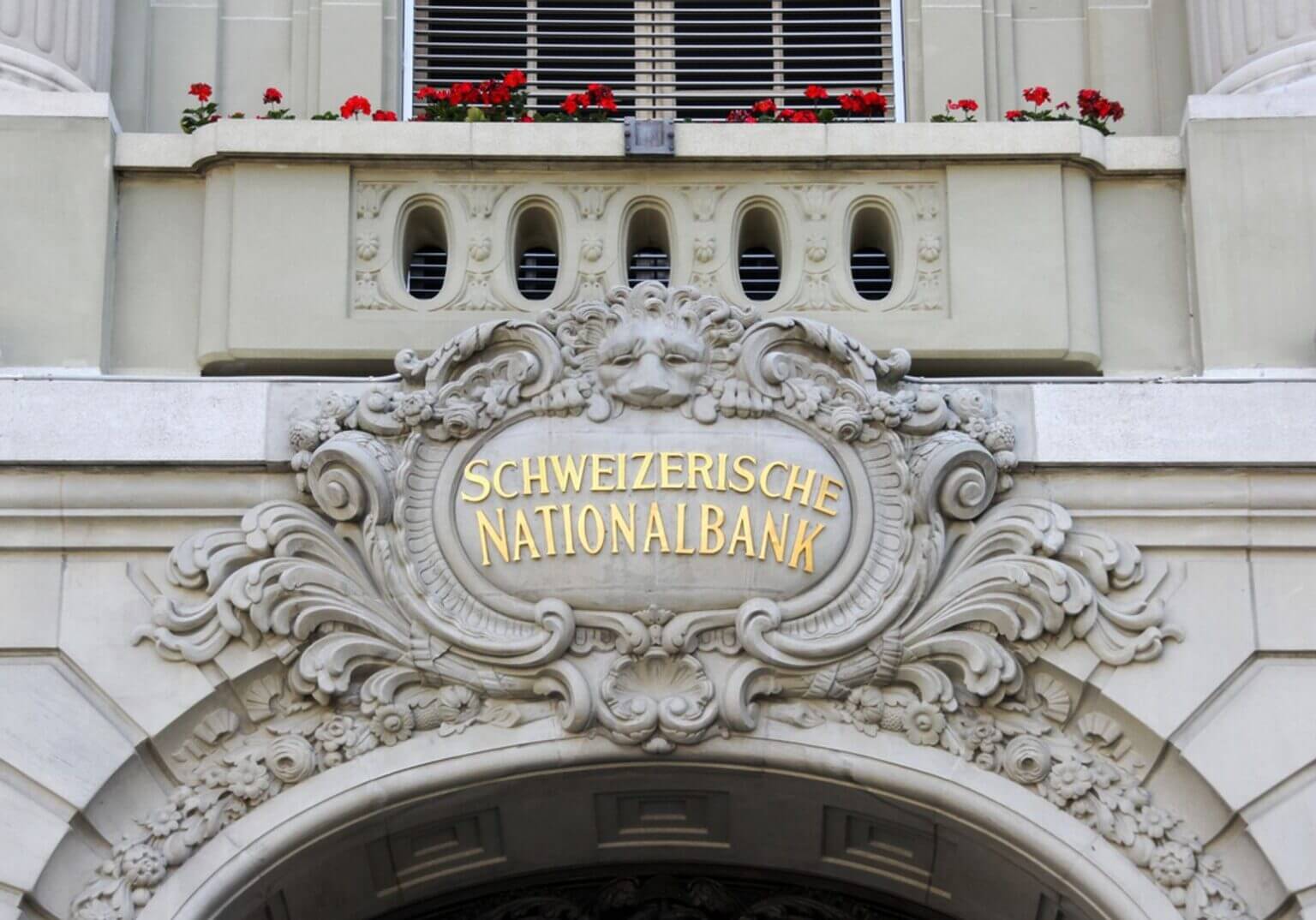XRP and the Resurgence of Zero Interest Rate Policies Amid Global Monetary Shifts
Central Banks Embrace Zero Interest Rate Strategies as Trade Tensions Escalate
In a move reminiscent of the monetary easing seen during the COVID-19 pandemic, Switzerland’s central banking authority has reintroduced a zero-interest-rate stance, signaling a significant shift in global financial policy. The Swiss National Bank (SNB) announced on Thursday that it has lowered its benchmark interest rate to zero, aiming to combat declining inflation, a strengthening Swiss franc (CHF), and the broader economic uncertainties fueled by ongoing trade disputes, notably the trade war initiated by former U.S. President Donald Trump.
This policy reversal marks the sixth consecutive rate reduction since the SNB began easing monetary conditions in March 2024. The decision underscores a broader trend among advanced economies to adopt ultra-loose monetary policies in response to mounting global trade pressures and economic fragility.
The Implications of Zero Interest Rate Policies for Global Markets
The return to zero interest rates in Switzerland is more than a national development; it signals a potential shift across Europe and other developed regions. Historically, such policies have been associated with increased liquidity and lower borrowing costs, which often stimulate investment and risk-taking behaviors. Notably, this environment has historically been conducive to the growth of cryptocurrencies like Bitcoin, which are often viewed as alternative assets during periods of monetary easing.
In recent years, the adoption of zero interest rate policies (ZIRP) has been linked to a surge in digital asset adoption, with Bitcoin experiencing a remarkable rally during previous periods of monetary expansion. As of 2023, Bitcoin’s market capitalization surpassed $800 billion, reflecting growing investor confidence in decentralized financial systems amid traditional monetary policy constraints.
Trade Tariffs and Economic Stability: A New Challenge for Surplus Nations
The reimplementation of ZIRP coincides with escalating trade tensions that threaten to destabilize economies with persistent trade surpluses, such as Switzerland and China. Tariffs and trade barriers are increasingly seen as tools that could deflate these surplus nations’ economies, potentially leading to slower growth or recessionary pressures.
Switzerland, with its robust export sector, faces the risk of diminished competitiveness if tariffs persist or intensify. Similarly, China’s export-driven economy could experience further deceleration, prompting policymakers to consider unconventional monetary measures to sustain growth.
Broader European and Global Monetary Trends
The SNB’s move is indicative of a wider trend among central banks to maintain accommodative policies in the face of global economic headwinds. The European Central Bank (ECB) and the Bank of Japan have also maintained low or negative interest rates, aiming to support sluggish growth and combat deflationary pressures.
This synchronized shift towards zero or negative interest rates could have profound implications for global financial markets, including increased demand for alternative assets like cryptocurrencies, real estate, and commodities. Investors are increasingly viewing digital currencies as hedges against fiat currency devaluation and inflationary risks.
The Future of Zero Interest Rate Policies and Cryptocurrency Markets
As central banks across the globe continue to adopt ZIRP, the landscape for cryptocurrencies is poised for further evolution. The environment of low or zero interest rates tends to diminish the appeal of traditional savings accounts and bonds, pushing investors toward higher-yielding or alternative assets.
Bitcoin, often dubbed “digital gold,” has historically benefited from such monetary conditions. Its decentralized nature and limited supply make it an attractive hedge against fiat currency depreciation. Industry analysts predict that if the trend of zero interest rate policies persists, Bitcoin’s market capitalization could approach or even surpass the $1 trillion mark within the next few years.
Conclusion: A New Era of Monetary Policy and Digital Asset Growth
The Swiss National Bank’s decision to revert to zero interest rates underscores a significant shift in global monetary policy, driven by trade tensions and economic uncertainties. This move not only reflects the challenges faced by surplus nations but also highlights the increasing relevance of cryptocurrencies as alternative investment vehicles.
As the world navigates this new era of ultra-loose monetary policies, investors and policymakers alike are watching closely. The interplay between traditional financial systems and digital assets will likely define the economic landscape in the coming years, with zero interest rate policies serving as a catalyst for innovation and diversification in investment strategies.

